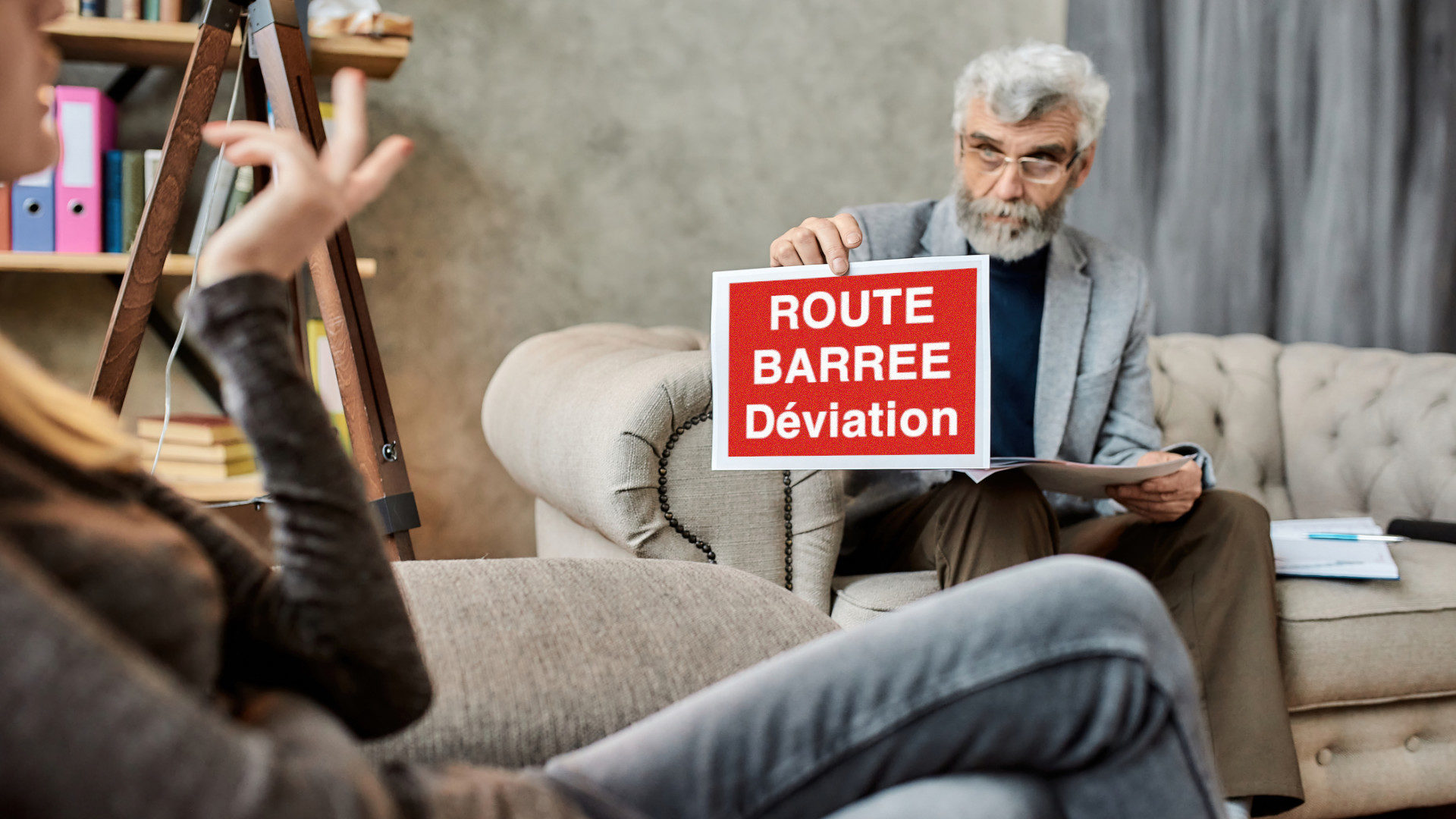 The people behind the thousands of roadworks projects currently underway around the Grand Duchy have admitted that the projects are all part of a nation-wide psychology experiment.
The people behind the thousands of roadworks projects currently underway around the Grand Duchy have admitted that the projects are all part of a nation-wide psychology experiment.
The aim, say transportation officials who have been working with researchers from the University of Wiltz, is to better understand how drivers react to unexpected delays, long detours, and what appear to be randomly assigned road closures.
The project, which to date has cost the university’s psychology department nearly 445 million euros, began 10 years with a residential street in the Kirchberg district being dug up and repaved for no particular reason.
“The next thing we did was close off a whole block of Limpertsberg, half expecting residents to question what we were doing or maybe yell at us,” said project leader Les Hoffer. “But no, they all dutifully parked on other streets and never said a peep to us, even though we kept opening and closing the block for a whole year.”
“Oh, wait, we never ended up opening it back up,” he added after consulting with a colleague. “Oops, let’s fix that before the year’s end.”
Another time, Hoffer’s team used a large truck to block one lane of a busy two-lane street and left it there for the whole day, providing no flagman to help direct the flow of traffic and instead let the drivers fend for themselves.
“Man, some drivers had the weirdest reactions,” Hoffer said. “One woman rolled down her window and did a Tarzan scream at our team, and one man parked his Fiat and tried to do the job himself before we told him to go away.”
Hoffer says critics of the study describe it as a waste of money and resources, adding that it causes unnecessary anguish and frustration, and that it really has no point.
“Rubbish, all of that,” Hoffer said. “We have conclusively shown that while most drivers put up with obstacles, inconveniences, and shutdowns, they don’t like it very much – we can say that for sure.”
Rodrigo, a 34-year-old PhD student whose role in the experiment was to wear a yellow vest and direct drivers around an imaginary hole for a year, agrees with the findings, saying that he could see right away that people don’t like being made late for work and appointments.
“It tends to make them angry,” he said. “Now we know.”
***
Originally published by RTL Today
